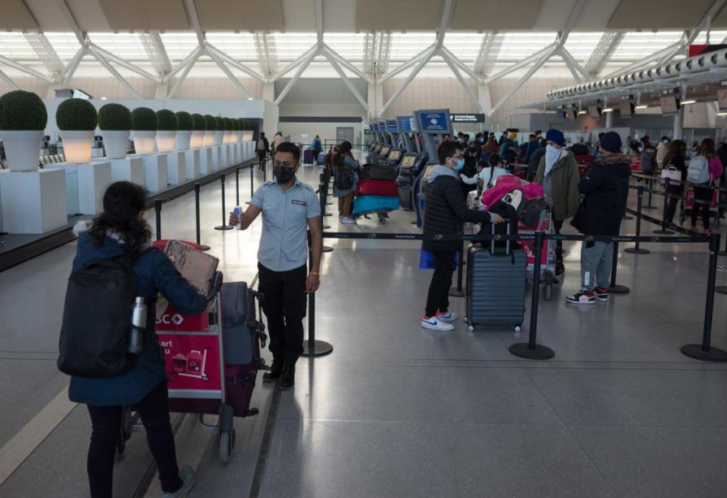The federal government announced that it is lifting or modifying several travel-related restrictions, as Canada has now moved beyond the peak of the Omicron wave.
The federal government announced Tuesday that it is lifting or modifying several travel-related restrictions, as Canada has now moved beyond the peak of the Omicron wave of the COVID-19 pandemic.
The changes will take effect Feb. 28 and only impact fully vaccinated travellers and children who may not yet be fully vaccinated.
So what will change?
- Travellers will have to show proof of a negative rapid antigen test taken one calendar day prior to their flight to Canada or arrival at the land border.
- They will still have the option of showing proof of a negative molecular test taken within 72 hours prior to departure.
- Travellers will no longer have to isolate while awaiting their results if selected for random on-arrival testing at points of entry.
- Children under the age of 12 who are not fully vaccinated, but who travelled with fully vaccinated adults, will no longer have to stay away from schools and daycares for two weeks.
- Canada’s travel advisory against non-essential travel will be lifted, and will instead urge Canadians to exercise caution abroad.

What about anyone who is unvaccinated?
- They will continue to have to be tested on arrival and on their eighth day in the country, as well as quarantine for 14 days.
Article From: The Star
Author: Jacques Gallant

